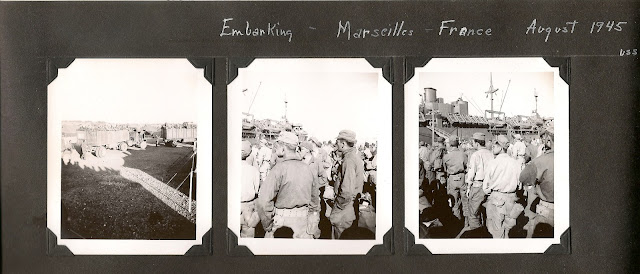Tulsa World - Sunday, April 25, 2004
PRATT -- William Coleman,
M.D., was born in Sallisaw, OK on
January 18, 1912 to Ella Coleman
Pratt and John Howard Pratt. Upon
his graduation from Central High
School in Muskogee, OK in 1929,
he was awarded a scholarship to
Washington University in St. Louis,
MO, where he received his Bachelor's Degree in 1933. There he was
the house manager for and a member of Phi Delta Theta Fraternity.
He was a swimming and life saving
instructor at the Muskogee YMCA
for one year prior to entering medical school at Washington University, graduating in 1938. During his
internship at Geisinger Memorial
Hospital in Danville, PA, he met
his wife, Elva, who was a nursing
student. They were married on February, 14, 1941 in Des Moines, IA.
Following his first year of surgical
residency at Geisinger, he volunteered for service in the U.S. Army,
serving for 5 years during WWII.
He was stationed at Fort Des
Moines, IA, Camp Leonardwood,
MO, Carlisle Barracks, PA, Randolph Field, TX and Fort Sam
Houston, TX. His service included
1-1/2 years with the
5th Auxiliary Surgical Group in the European
Theater of Operations. He was
awarded the Eurpean African Middle Eastern Service Medal with 3
battle stars and the Bronze Star for
his service. Following his military service, he continued his training in
Rochester, MN, where he was a
Fellow at the Mayo Clinic, completing a 31/2 year residency program
and earning a Masters of Science in
Surgery Degree from the University
of Minnesota in 1948. His many
accomplishments include membership in the Mayo Foundation for
Medical Education and Research
(1949), Fellow in the American
College of Surgeons (1954), Fellow
of the Southwestern Surgical Congress (1956), American Board of
Surgery (1970), member of the Tulsa County Medical Society and a
life member of the American Medical Association. He was an Associate at Children's Medical Center in
Tulsa, when it was known as "Sunnyside," served as Chief of Staff at
St. Francis Hospital for one year
and was a staff member at St. John
Hospital, Hillcrest and St. Francis.
Dr. Pratt practiced surgery at
Springer Clinic for 20 years. He is
survived by his wife of 63 years, Elva of the home; and 6 children,
Lorraine Pratt (Houston), William
Pratt, Jr. (Tulsa), Dr. John Pratt
and wife, Sharon (Denver), Nancy
Slater and husband, John (Albuquerque), Betsy Long and husband,
Lyn (Tulsa), and Thomas Pratt,
M.D. and wife, Marsha (Edmond);
10 grandchildren, William Shockley
(Los Angeles), Bart Shockley
(Houston), Bryce Shockley (Houston), Kerri Snyder (Charlotte, NC),
William Pratt III (Tulsa), Matthew
Slater (Seattle), Nicole Slater (Albuquerque), and Eric, Sarah and Laura Pratt (Edmond). His great-grandchildren are
Cooper, Hayden
and Carson Shockley (Houston)
and Ashton Shockley (Houston).
He was preceded in death by his
parents and son, James Wood Pratt.
Dr. Pratt dedicated his life to surgery, and the pursuit of knowledge
and service to his patients. He had
a deep appreciation of the fine arts,
and the beauty and wonders of nature. He was an avid reader, an accomplished artist and proud of his
Cherokee heritage. His life is celebrated and cherished by the family,
friends and former patients to
whom he was so devoted. Private
family memorial service will be held
at All Souls Unitarian Church. Cremation Society of Oklahoma,
599-7337.





